Insights, Analysis and more
Feed your brain! Discover some mind-blowing facts and figures about dropshipping, ecommerce, digital marketing, social media and beyond.



Feed your brain! Discover some mind-blowing facts and figures about dropshipping, ecommerce, digital marketing, social media and beyond.




Korean car brands have taken the global automotive market by storm with their innovative designs, cutting-edge technology, and reliability. Known for offering great value for money, these brands cater to a wide variety of consumers. From budget-friendly options to luxury models, Korean car brands have something for everyone. Whether you’re in India, the U.S., or Europe, these vehicles are making a significant impact. In this blog, we’ll explore the top Korean car brands, their history, popular models, and why they stand out in today’s competitive market. If you're considering buying a Korean car or just curious about their rise, you’re in the right place! Let’s dive into the world of Korean automotive excellence.
The Korean automotive industry tells a story of remarkable growth, from humble beginnings to becoming one of the most influential markets globally. Let’s take a deeper look into how it all began and evolved.
The journey of the Korean car industry starts in the 1950s with the creation of the Sibal, South Korea's first car. It was made using military jeep parts, marking the birth of an industry that would soon shape the country’s economy.
In the 1960s, the South Korean government took strategic steps to foster its automotive industry. These actions included protecting local brands by limiting foreign competition. During this time, brands like Kia, Hyundai, and SsangYong began to emerge. Initially, these companies assembled cars from foreign parts but quickly began to innovate and localize production.
The real turning point for the Korean automotive industry came in the 1970s and 1980s. During this period, Hyundai launched the Pony, the first Korean-designed car, marking the country’s shift from assembling foreign models to creating homegrown vehicles. With this new approach, Hyundai began exporting to South America, signaling its expansion into global markets.
By the mid-1980s, Korea had become a strong global competitor, producing over a million cars annually. The focus on quality improvement and global competition began paying off, helping Korean car brands build a loyal customer base worldwide. Hyundai and Kia became household names, not just in Korea, but also in North America, Europe, and Asia.
In the present day, Korean car brands are major players on the global stage. Hyundai and Kia are consistently ranked among the world’s top carmakers by volume. Additionally, Genesis, Hyundai’s luxury brand, has successfully positioned itself as a serious contender in the luxury market, offering cars that rival established European brands with cutting-edge design and technology.
As the automotive world shifts toward electric vehicles (EVs), Korean carmakers have embraced this change by investing heavily in new technologies. They compete head-to-head with Japanese, Western, and Chinese carmakers by offering reliable, stylish, and affordable EVs. This forward-thinking approach ensures Korean brands will continue to be major players in the automotive industry for years to come.
The Korean car industry is dominated by three major brands: Hyundai Motor Company, Kia Motors, and Genesis. These brands have built a reputation for offering high-quality vehicles that cater to a wide range of consumer needs, from budget-friendly models to luxury cars. Let's dive into each brand and explore their standout models in 2025, including their growing presence in global markets like India.
Hyundai is the largest and most well-known Korean car brand, with a global presence and a reputation for producing affordable, reliable, and innovative vehicles. Founded in 1967, Hyundai quickly established itself as a major player in the automotive industry. Today, it’s known for its strong focus on comfort, style, and advanced technology, making it a top choice for families and individual buyers alike.
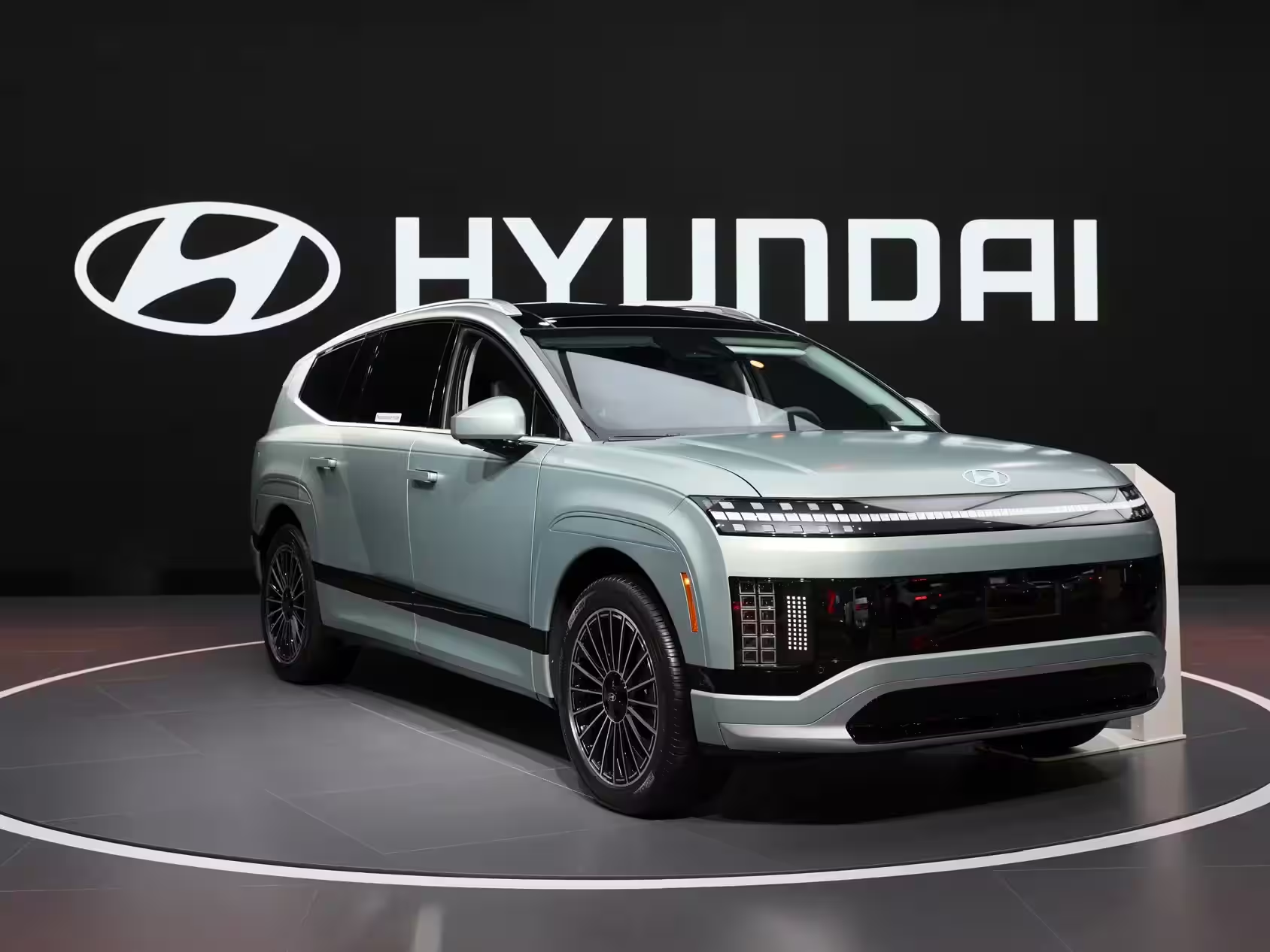
Hyundai is increasingly focusing on electric vehicles (EVs), leading the way in sustainable innovation while maintaining a strong presence in emerging markets like India. The brand’s affordable pricing and innovative features contribute to its status as one of the best Korean car brands.
As a part of the Hyundai Motor Group, Kia has established its own identity, focusing on sporty designs, reliability, and premium features at affordable prices. Kia is especially popular among younger buyers and families who want a mix of style and practicality. Although it shares technology with Hyundai, Kia adds a more playful and dynamic edge to its vehicles.
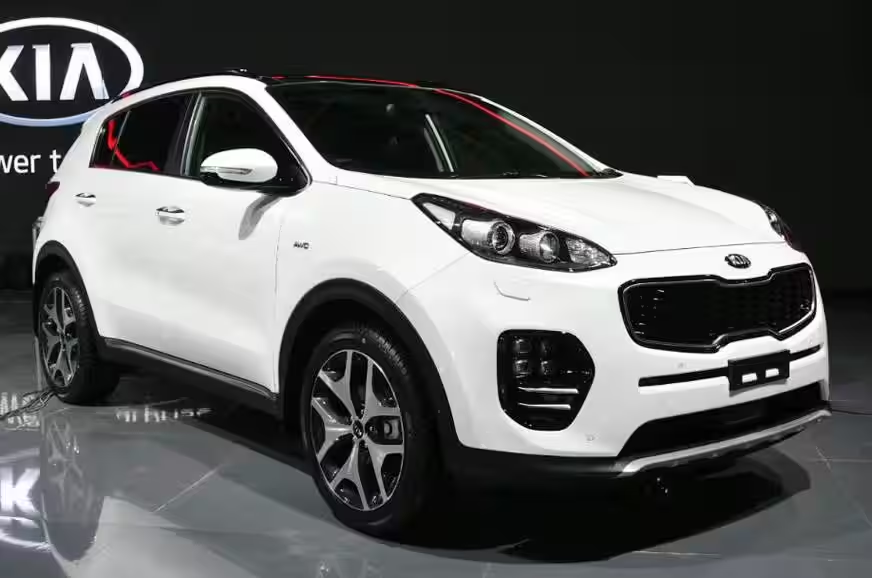
Kia’s expansion into global markets and its strong success in emerging regions demonstrate why it ranks high among the top 10 Korean car brands.
Genesis is Hyundai's luxury brand, launched in 2015 to compete with established names like BMW and Audi. Genesis focuses on offering luxury vehicles that combine performance, cutting-edge technology, and exceptional design at competitive prices. The brand’s range of luxury sedans and SUVs has earned critical acclaim, positioning Genesis as a major contender in the global luxury car market.
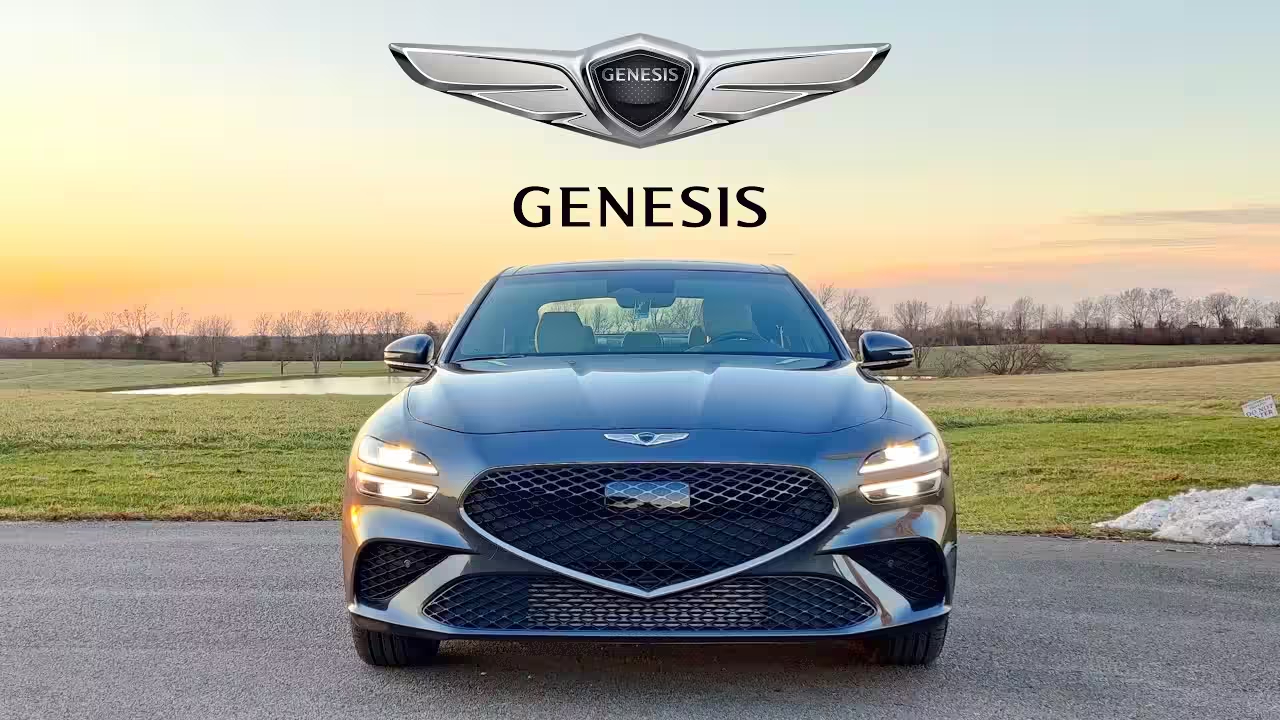
Genesis continues to redefine the luxury car segment, bringing affordable yet premium offerings that challenge well-established competitors.
KG Mobility, the rebranded version of the iconic SsangYong, has a history that dates back to the 1950s. Specializing in SUVs and utility vehicles, the brand focuses on delivering rugged, spacious, and capable vehicles. Popular in markets that value durability and practicality, KG Mobility blends Korean engineering with a fresh market approach to rebuild its reputation. Its trucks and SUVs are especially suited for affordable yet robust designs, perfect for off-road enthusiasts and families alike.
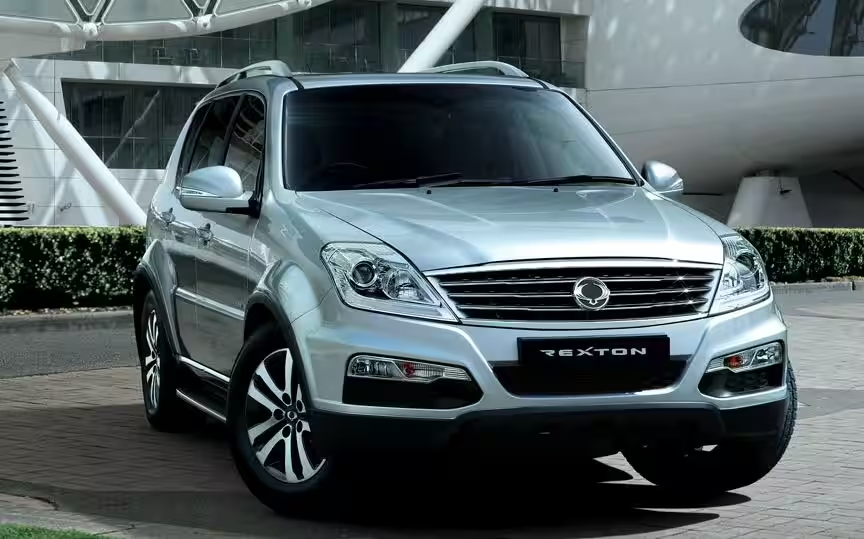
KG Mobility's continued focus on quality improvements and technological advancements strengthens its position in the Korean car brands list, offering practical SUVs suited for families and off-road lovers.
Daewoo was once a major player in South Korea’s automotive industry, known for producing affordable and reliable cars. Established in the 1970s, Daewoo quickly gained a reputation for producing compact cars, sedans, and family vehicles. The brand's global reach expanded after General Motors took over in the early 2000s, with Daewoo models being rebadged under brands like Chevrolet and Pontiac. Daewoo helped introduce Korean cars to global markets, setting the stage for later successes by Hyundai and Kia.
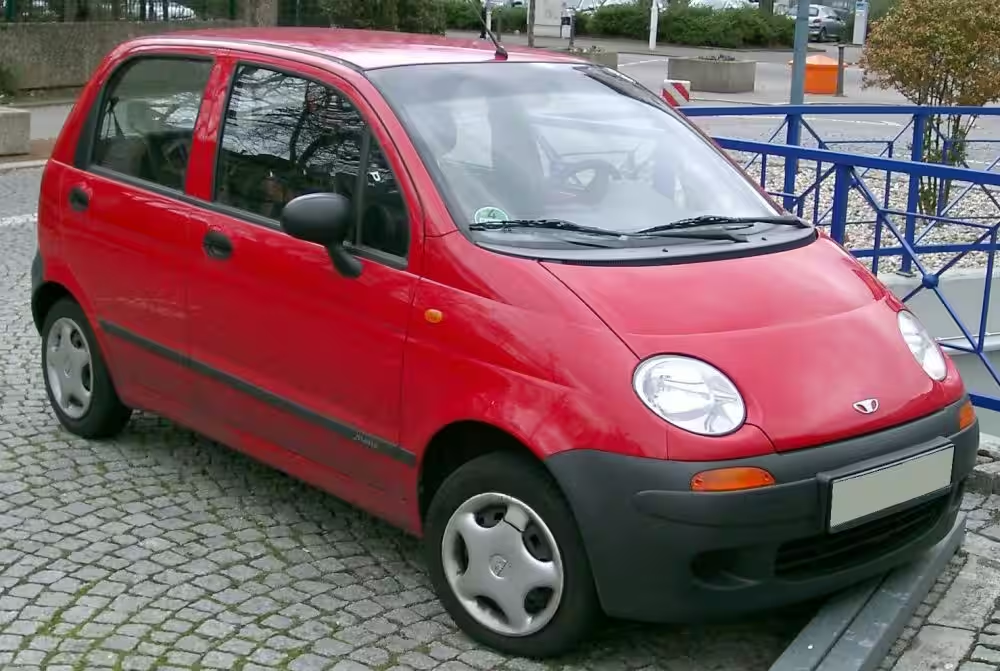
While Daewoo is no longer around, its legacy continues to influence modern Korean car designs. Many of Daewoo's models were rebadged and evolved into today's offerings by Kia and Chevrolet, setting standards for future Korean manufacturers focused on value for money.
Founded in 1965, Asia Motors was an important but lesser-known brand in the Korean automotive landscape. Specializing in utility vehicles, trucks, and military vehicles, Asia Motors contributed significantly to the commercial vehicle market and South Korea’s army transport fleets. It played a key role before larger brands expanded into these segments, and despite fading after being absorbed by Kia in 1999, Asia Motors’ influence is still felt in Korea’s heavy-duty vehicle market.
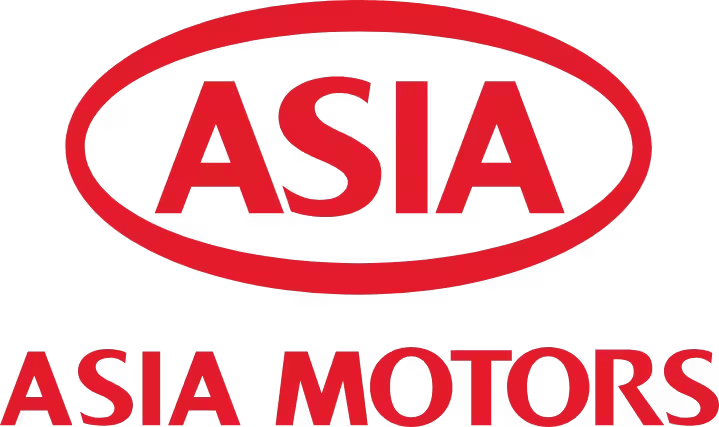
While Asia Motors may no longer be a standalone brand, its contribution to the development of Korea's reliable truck market is crucial. The heavy-duty vehicles it introduced helped solidify the Korean automotive strength.
Proto Motors stands out as a niche brand in the Korean automotive market, focused on sports cars and electric vehicles. Established in the 1990s, Proto Motors built several concept cars and specialty models, pushing the boundaries of Korean innovation in niche segments. The brand showcases how Korean car manufacturers can experiment with style and green technology, even if the brand itself is small and specialized.
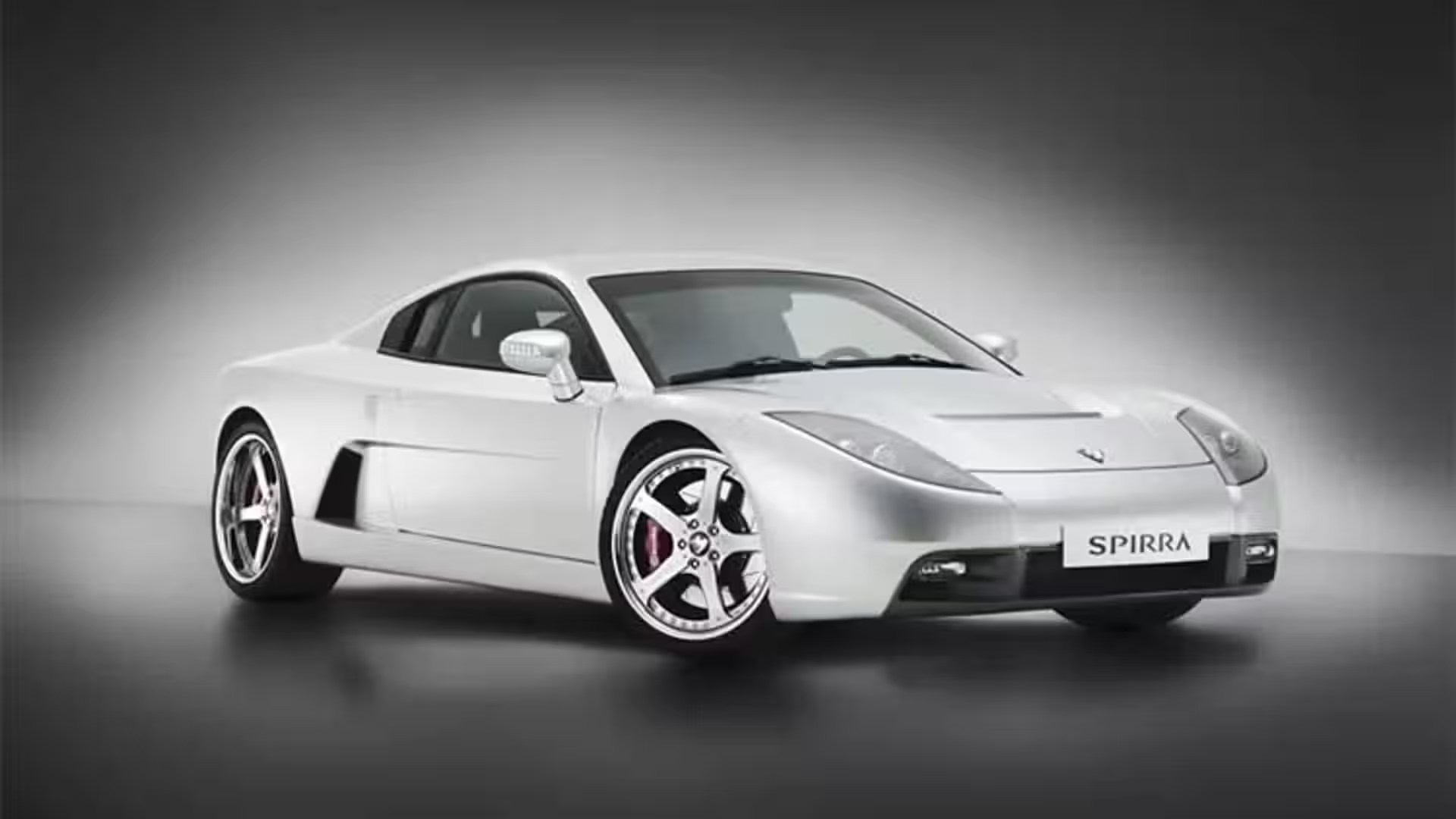
Though Proto Motors remains a niche player, it highlights Korea’s growing ability to innovate beyond mass production, especially in sports and electric mobility. Its vehicles reflect Korea's increasing reach and ambition in the automotive industry.
Pyeonghwa Motors holds a unique place in the history of Korean car brands, operating mainly in North Korea. Founded in 1999, it has produced affordable vehicles for local markets under various licensing agreements. Unlike most South Korean brands, Pyeonghwa caters primarily to domestic demands, offering simple and practical cars and vans. Its vehicles, while not widely exported, represent a rare segment of Korea's automotive history.
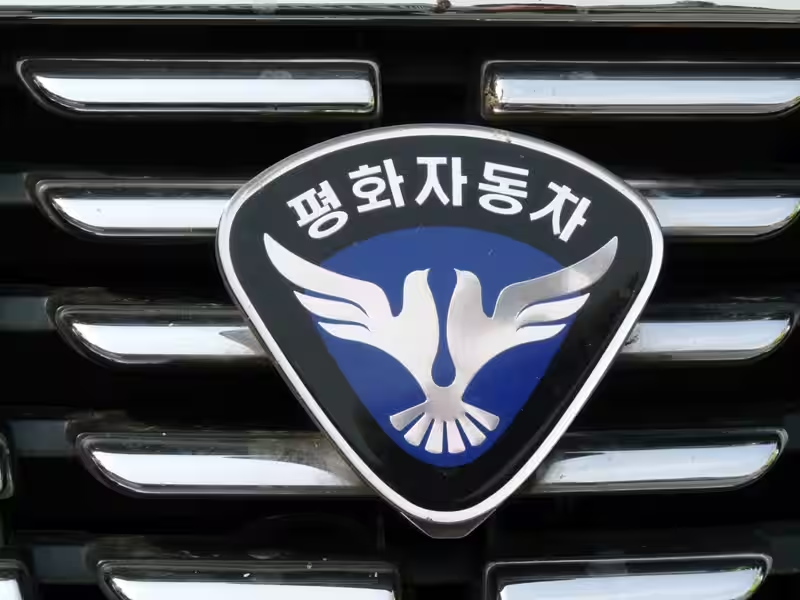
Pyeonghwa Motors doesn’t have a broad international presence, but it plays a key role in meeting the transportation needs of North Korea, where practicality takes precedence over global trends.
In conclusion, Korean car brands have significantly shaped the global automotive landscape. From the legacy of Daewoo to the specialized vehicles of Asia Motors, the innovative efforts of Proto Motors, and the unique role of Pyeonghwa Motors, each brand has contributed to Korea's rise in the industry. Today, Hyundai, Kia, and Genesis lead the way, offering a blend of reliability, affordability, and innovation. These brands continue to shape the future of the automotive market, with a strong focus on sustainability, electric vehicles, and luxury designs